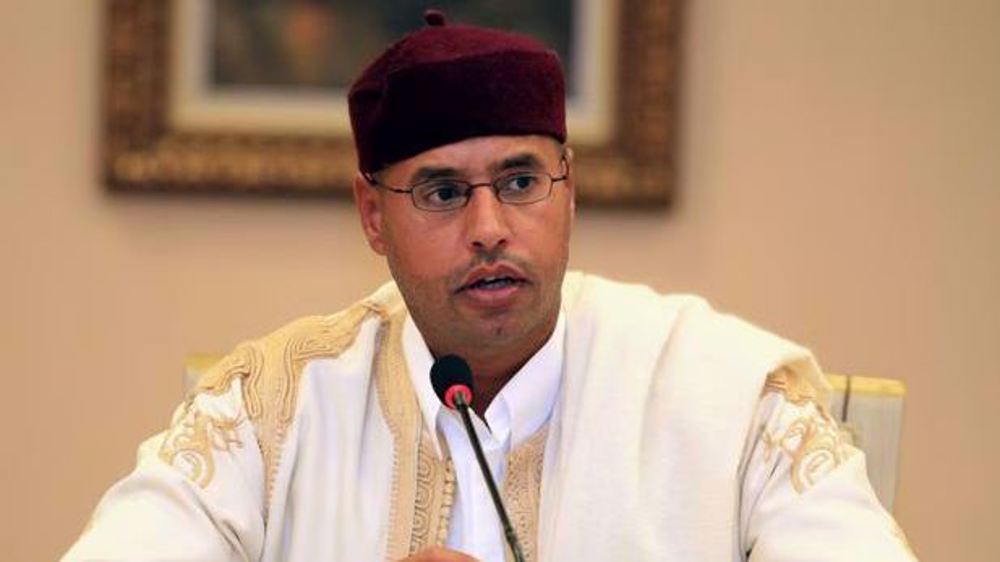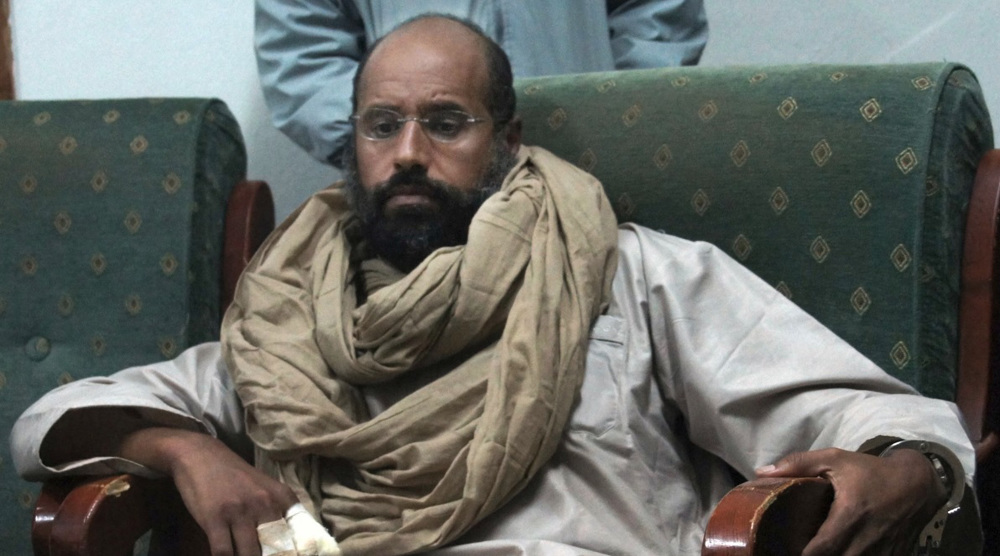Libya groups start talks in Tunisia to launch new UN plan
The opposing sides of a conflict in Libya have begun a series of negotiations in neighboring Tunisia to officially launch a new plan by the United Nations to end the six-year-old turmoil in the country.
Reports said the meeting, which got closed to the press, began on Tuesday in Tunis after a speech by UN envoy Ghassan Salame, who urged the two sides to set aside their differences and complete their work in a timely fashion.
“All Libyans are fed up. They are going from transition to transition with no horizon,” said Salame as the talks convened, adding, “We have sleeping institutions that need to be awoken, divided institutions that need to be united, and hijacked institutions that need to be rebuilt.”
The negotiations come a week after Salame announced a one-year “action plan” for a transition toward presidential and parliamentary elections in Libya.
Delegations from rival parliaments from eastern Libya and Tripoli are supposed to talk about how to amend a previous UN-mediated plan signed in December 2015.

If the parties to the current talks success in drawing up amendments, a national conference would convene with the presence of a much larger number of representatives from across Libya. The conference would then select the members of a transitional government that would run the country until elections. Libya’s eastern parliament, or the House of Representatives (HOR), which is allied with the powerful military commander Khalifa Haftar, is tasked in the current scheme with devising laws for national elections. It should also engineer a referendum to approve Libya’s much-delayed constitution.
The UN-backed 2015 deal, which should undergo amendments in the current UN plan, led to the establishment of the Government of National Accord (GNA) in Tripoli. The deal and the GNA itself have, however, failed to gain support from power-brokers in Libya and they are opposed by Haftar and militant factions associated with him.
Many say the turmoil in Libya, which started following the ouster and death of long-time dictator Muammar Gaddafi in 2011, was instigated by Western governments as they initially endorsed an uprising against Gaddafi but then abandoned the oil-rich North African country in lawlessness and allowed militant groups to mushroom.
UK engaged in 'systematic' suppression of pro-Palestine voices: Report
Hundreds of Greeks protest US warship arrival in Crete
Iran warns Trump against decisions based on false information
Iran embassy rejects 'fabricated' French reports on domestic affairs
Trump’s military buildup against Iran on Netanyahu’s behalf is a gambit doomed to fail
Iran dismisses US 'big lies' on nuclear, missile programs
CIA‑founded NGO admits deploying Starlink satellites for Iran riots
VIDEO | French comedian targeted by Rothschild and Epstein for his shows on Palestine












 This makes it easy to access the Press TV website
This makes it easy to access the Press TV website